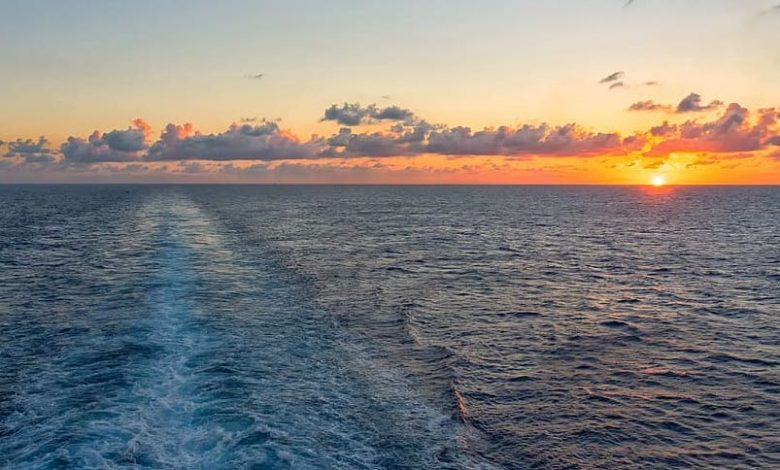Pacific Basin: Focus on core businesses

Hong Kong: The message from the Admiralty headquarters of Hong Kong’s Pacific Basin Shipping is loud and clear: focus. Since taking office last year Mats Berglund, the Swedish ceo of the city’s largest shipowner by fleet numbers, has worked quickly to pare back non-core businesses in a bid to return the famous name back into the black.
This has seen Berglund offload its loss making roro operations, as well as nix nascent plans to get into project shipping by selling its interest in a breakbulk terminal in Nanjing. Consultancy and surveying firm PacMarine Services has also been hived off. “It’s best to be good at one or two things, rather than average at four or five things,” Berglund tells Martime CEO.
In describing his company, Berglund keeps it simple. “We are,” he says, “a publicly listed dry cargo company with a strong towage division. It does not make sense for us to be too diversified.”
The effects of this slimming down are being noticed by more discerning readers of financial reports. Pacific Basin reported last week a net loss of $158m for 2012 in its results, a far cry from the $32m profit made in 2011. However, the underlying fundamentals of the company would look in a more sound position today than a year ago. Results were impacted by a $199m write-off for Pacific Basin’s ill-fated foray into roros. The very weak dry bulk market was aided by PB Towage’s $38m contribution to the result.
“Pacific Basin has a very strong balance sheet,” Berglund stresses. The market will remain weak for a while, he says. “We kind of like that as we need to see lower new orders and more scrapping to balance things out,” Berglund says.
While the handysize segment, in which Pacific Basin excels, is looking better than others it is, he says, still influenced by the onslaught of all these new bigger ships.
Last year was the highest delivery year ever for dry bulk. “It does not get better overnight,” Berglund says sagely. Prior to Pacific Basin, Berglund was with Stena for 20 years, a company he joined straight out of university.
Still, with the dry bulk market in the doldrums the Pacific Basin boss sees opportunities.
“It is a good time to buy more ships as we can add more volume in the long term,” he says.
Pacific Basin operates 120 handysize ships and 40 handymaxes. Of the 160 total around 40 are owned. The aim is to increase the owned fleet substantially. “We prefer second hand ships as we get some immediate return on our investment and we see long term upside in values,” Berglund notes.
The model for these ships is simple and will not change. “Cargo is king,” Berglund says. “This company understands it and it is built on a COA model. All our ships are used by ourselves.”
Looking at Pacific Basin’s global set up, its name is perhaps misleading given the slew of commercial offices it has set up recently on the Atlantic, including in Stamford and Durban. “Pacific Basin is fairly Atlantic these days,” quips Berglund.
